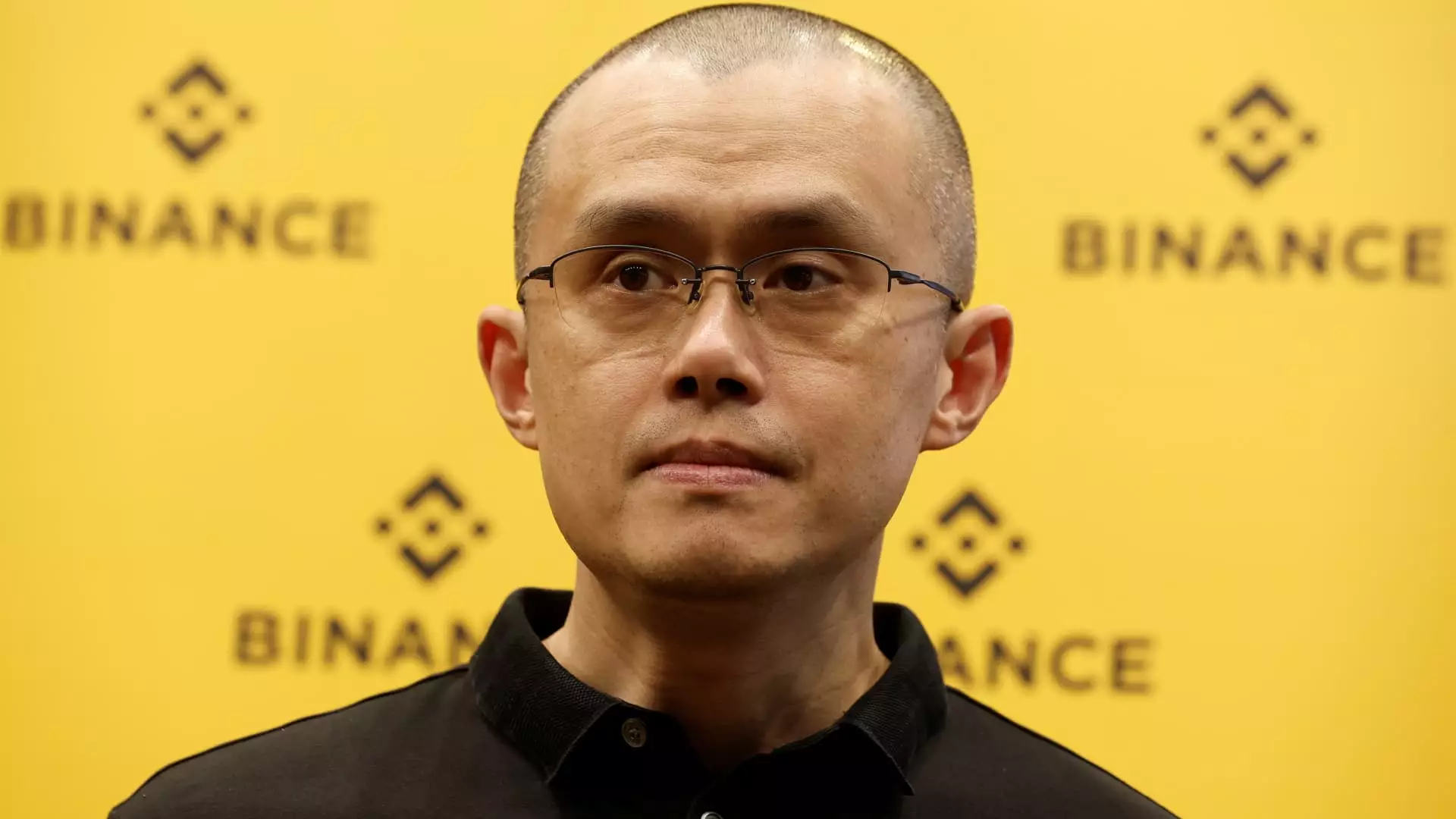U.S. prosecutors are recommending a harsh sentence of 36 months for the former CEO of Binance, a major cryptocurrency exchange, due to charges related to enabling money laundering. This recommendation goes above and beyond the advised sentencing guidelines and aims to emphasize the gravity of the crimes committed by the accused individual.
The allegations against Zhao include the willful failure to establish an effective anti-money laundering program as mandated by the Bank Secrecy Act. Additionally, he is accused of enabling Binance to engage in transactions involving funds from illegal activities, including dealings with individuals in sanctions-restricted regions.
Apart from the issues involving Zhao, Binance itself has faced legal challenges from various regulatory bodies such as the U.S. Securities and Exchange Commission and the Commodity Futures Trading Commission. These challenges stem from the mishandling of customer assets and the operation of an unregistered exchange in the United States.
As a result of the legal proceedings, Binance was ordered to pay significant fines amounting to $4.3 billion, while Zhao agreed to a $50 million fine individually. Following these developments, Zhao stepped down from his position as CEO and was replaced by Richard Teng, a former chief from Abu Dhabi’s markets regulator.
Prosecutors have criticized Zhao for his apparent disregard for U.S. laws on a large scale and have accused him of purposefully neglecting Binance’s legal obligations. The court memorandum describes how Binance, under Zhao’s leadership, operated in a manner characterized as a “Wild West” model, betting on impunity and downplaying the potential consequences of illegal activities.
The legal troubles surrounding Zhao and Binance as a whole highlight the challenges faced by cryptocurrency exchanges in complying with regulatory frameworks. The case serves as a cautionary tale about the importance of strict adherence to anti-money laundering regulations and legal responsibilities in the financial sector. The upcoming sentencing of Zhao on April 30 will ultimately determine the extent of accountability for his actions.

